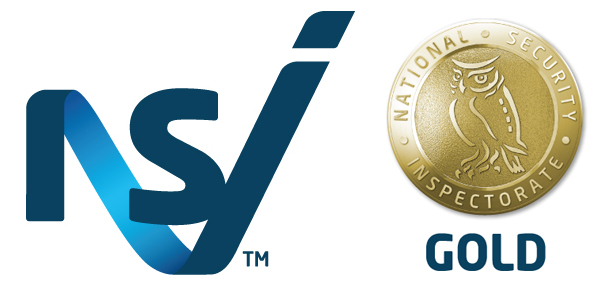
The idea of monitoring employees may seem uncomfortable to some, but there are some great business advantages to using CCTV including security, health and safety, training and assessing productivity .
However, there are some small risks that you must be aware of.
Trust and Confidence
The first risk is the trust between you and your employees. Employers should not act in a way which is likely to destroy or damage the relationship of mutual trust and confidence between themselves and employees. If employees feel that this is the case, they can resign and claim constructive unfair dismissal.
TIP: To try and minimise this from happening, make sure you tell your employees before you install CCTV. Discuss with them:
- that you are introducing CCTV
- the reasons why
- the circumstances in which monitoring will take place
- the nature of the monitoring
- how information obtained will be used
- how their rights will be protected
Employees should be given the opportunity to discuss this and make their views known. After this has happened, the employer’s procedures and practices should be included in a written CCTV policy document that is explained to employees in their induction and ongoing training, and is readily available to them.
Data Protection Act 1988
The next thing to consider is the Data Protection Act 1988 (DPA). These laws and principles regulate how an employer can collect and process ‘personal data’ about employees, which includes video footage of them recorded with CCTV cameras.
The laws give employees the right to be told what kind of data is being held on them and the reasons that data is being collected and processed. They can access this by serving a ‘subject access request’ on you which can be timely to deal with.
TIP: Make it clear what levels of privacy an employee can and cannot expect. The use of CCTV in break areas, toilets and changing rooms would be hard to justify under any circumstances. In an area like a public entrance, however, where expectations of privacy are low, CCTV is more easily justified. An example of a situation which might fall somewhere in the middle would be where CCTV monitors the entrance to a department but a number of workstations fall within the camera's view, meaning certain individuals' everyday activity is monitored. In this case, it may be that the employer should look into the possibility of adjusting the camera angle to avoid disproportionate monitoring.
Human Rights Act 1988
Employers in the public sector should be particularly aware of the right to privacy which their employees have under the HRA as it applies directly to them. However it is still important for employers in the private sector to consider this right and ensure their monitoring is not intrusive.
TIP: Data captured must be relevant, not excessive, securely stored and not kept for longer than is necessary. This will again help to ensure that your employees’ rights are protected and that the evidence gathered can later be relied on if necessary. Some employers may need to provide details to the ICO of how they handle personal data and the ICO can be contacted directly for further advice regarding this.
Want more information?
The Information Commissioner’s Office (ICO) Employment Practices Code contains further detailed guidance and recommendations, including:
- Carrying out an impact assessment to determine the pros and cons of CCTV monitoring compared to alternative means of achieving the same objectives, including the administration and record-keeping required – particularly if employees make subject access requests. This should include an assessment of where the cameras will actually be – for example, cameras monitoring the shop floor or open-plan offices are less likely to breach privacy rights than CCTV in a restroom, and cameras that constantly monitor one or a few employees in an area are more likely to be considered intrusive than those that monitor all employees in that area roughly equally
- Training those responsible for CCTV monitoring to ensure legal compliance – particularly in relation to confidentiality of employee.


Make A Comment
Comments (0)